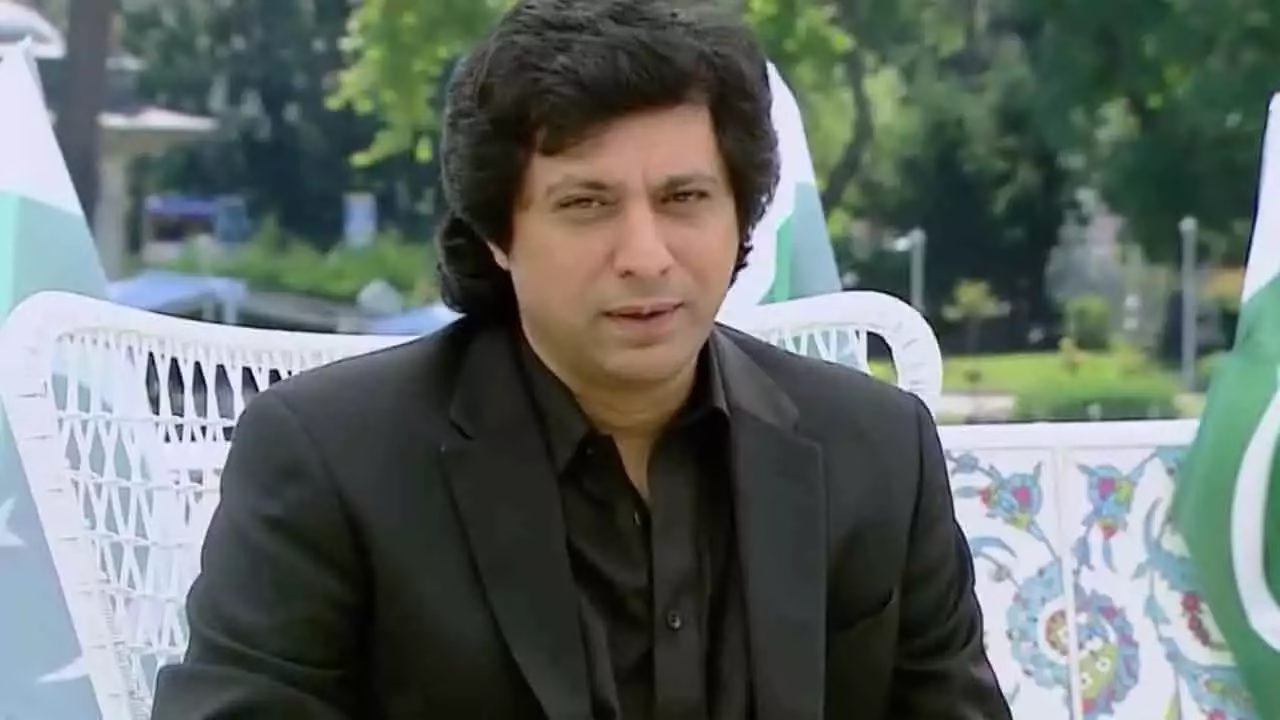The 2024 Paris Olympics recently found itself embroiled in controversy after the opening ceremony featured a tableau that some perceived as offensive to religious sentiments. The portrayal sparked a wave of divisive opinions, with critics alleging it mocked the Last Supper. In the midst of the heated debate, Donna Kelce, mother of NFL star Travis Kelce, weighed in with a thoughtful and educational response on social media.
Donna Kelce took to Facebook to address the controversy, arguing that the backlash was rooted in a lack of understanding and education. “This is what happens when you ban books and limit education,” she began her post. “The Opening Ceremony of the Olympics wasn’t a mock of the Last Supper. If you have any knowledge of the Greek origin of the Olympics and the French’s rich history of theater, you would have gotten this.”
Her post emphasized the importance of historical and cultural context. At 71, Kelce drew on her life experiences and knowledge to offer a perspective that many seemed to overlook. She pointed out that the tableau was not intended to offend but rather to celebrate the origins and cultural heritage of the Olympics.
Kelce elaborated on the scene, explaining that it was a portrayal of a Greek Dionysus Feast celebration. “The scene was a portrayal of a Greek Dionysus Feast celebration, which is a Greek (the origin of the Olympics) celebration of Dionysus (who is also known as Bacchus), who is the god of festivities, ritual, wine, pleasure, and frenzy. The blue guy… that’s Dionysus. Dionysus was one of the 12 Olympians.”
She also addressed the accusations of the tableau being a veiled attack on religious symbols, calling out the underlying biases of the critics. “However, because of your veiled homophobia, some of you can’t discern factual information,” she wrote. Kelce’s bold statement highlighted the deeper issues of intolerance and prejudice that often color public perception and reactions.
Kelce’s post continued to educate her followers on the historical significance of the depicted celebration. She stressed that understanding the context is crucial in interpreting such artistic representations. “The French are known for theatrics. Historical context and education surrounding the Olympics and its origin is important here in this. Many of you fell for the controversy in spun-up click bait. Stop mindlessly sharing posts and do some research.”
Her comments underscored a broader societal issue: the tendency to react hastily and share information without verifying facts. In an age where misinformation spreads rapidly, Kelce’s call for critical thinking and informed discourse is particularly relevant. She urged people to look beyond sensational headlines and delve into the historical and cultural nuances before forming opinions.
The controversy over the Paris Olympics opening ceremony serves as a reminder of the importance of cultural sensitivity and education. Artistic expressions, especially those rooted in historical and cultural traditions, can easily be misconstrued when stripped of their context. The Olympic Games, with their global platform, have a unique opportunity to showcase diverse cultures and histories, but they also bear the responsibility of ensuring their presentations are understood in the right light.
Kelce’s defense of the ceremony highlights the need for broader educational efforts to foster understanding and appreciation of different cultures. Her response not only defended the integrity of the Olympic ceremony but also called for a more thoughtful and informed approach to consuming and interpreting media.
In conclusion, the controversy surrounding the 2024 Paris Olympics opening ceremony and Donna Kelce’s subsequent defense illustrate the ongoing challenges of cultural interpretation and the spread of misinformation. Kelce’s articulate and well-informed response serves as a powerful reminder of the importance of education, historical context, and critical thinking in navigating and understanding complex cultural narratives. Her words encourage us all to pause, research, and reflect before passing judgment, fostering a more informed and empathetic world.



